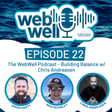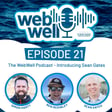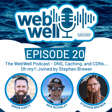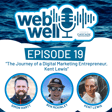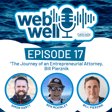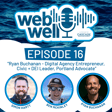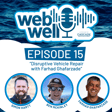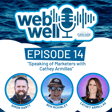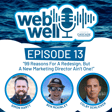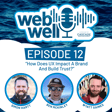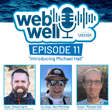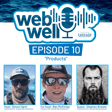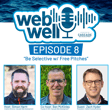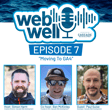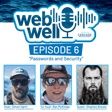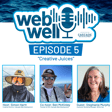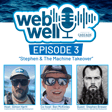
The WebWell Podcast E18 - Navigating Shifts in Digital Marketing
Navigating Shifts in Digital Marketing: Mike Terry’s Journey from Retail to Marketing Ninja!
In this episode of the Web Well Podcast, Ben McKinley and Simon chat with special guest Mike Terry about the ever-evolving landscape of digital marketing. Mike shares insights from his extensive career, discussing the transition from traditional marketing roles into the digital space and his experiences at various agencies. They explore how personal and professional growth is vital in adapting to changes in the industry, and how continuous learning can help navigate the challenges of business development and client relationships. Join us for a candid discussion on making the most of opportunities and the importance of staying current in a rapidly changing field. Tune in for practical advice and stories from the frontline of digital marketing.
Email: Mike.T@CoreDigitalConsulting.com
LinkedIn: https://www.linkedin.com/in/pdxadman/
Instagram: https://www.instagram.com/coredigitalconsulting/
Please send your questions or comments to webwell@cascadewebdev.com We look forward to hearing from you!
